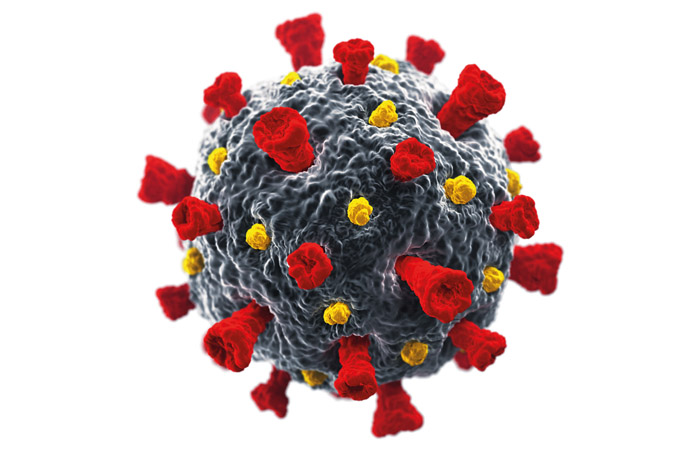Eligibility for this winter's flu vaccination and Covid-19 boosters
Those eligible for the NHS flu vaccine programme 2022-23
- All children aged 2 or 3 years
- All primary school-aged children (mostly provided at school)
- Secondary school-aged children focusing on years 7, 8 and 9.
- Any remaining vaccine will be offered to years 10 and 11, subject to vaccine availability*
- Those aged 6 months to under 65 years in clinical risk groups – see below
- Pregnant women
- Those aged 65 years and over, plus those aged 50 to 64 years not in clinical risk groups (from mid-October onwards)*
- Those in long-stay residential care homes
- Carers
- Close contacts of immunocompromised individuals
- Frontline staff employed by certain social care providers without employer-led occupational health schemes
*additions made July 2022 - see the Government website for more details.
Clinical risk groups
- Chronic respiratory disease
- Chronic heart disease and vascular disease
- Chronic kidney disease
- Chronic liver disease
- Chronic neurological disease
- Diabetes
- Immunosuppression
- Asplenia or dysfunction of the spleen, including conditions such as homozygous sickle cell disease and coeliac syndrome that may lead to splenic dysfunction
- Morbid obesity
- Pregnancy – all stages.
The list is not exhaustive and medical practitioners should apply clinical judgment to take into account the risk of flu exacerbating any underlying disease that a patient may have, as well as the risk of serious illness from flu itself.
For more details see the Government's green book, chapter 19.
The following groups should be offered a Covid-19 booster vaccine, aiming to complete by December 2022:
- All adults aged 50 years and over
- Persons aged 5 to 49 years in a clinical risk group – see below
- Persons aged 5 to 49 years who are household contacts of people with immunosuppression
- Persons aged 16 to 49 years who are carers
- Residents in a care home for older adults
- Staff working in care homes for older adults
- Frontline health and social care workers
Clinical risk groups
- Chronic respiratory disease
- Chronic heart disease and vascular disease
- Chronic kidney disease
- Chronic liver disease
- Chronic neurological disease
- Diabetes mellitus and other endocrine disorders (such as Addison’s, hypopituitary)
- Immunosuppression
- Asplenia or dysfunction of the spleen, including hereditary spherocytosis, homozygous sickle cell disease and thalassemia major
- Serious genetic abnormalities that affect a number of systems Including mitochondrial disease and chromosomal abnormalities
- Pregnancy – all stages.
The examples above are not exhaustive, and, within these groups, prescribers should apply clinical judgment to take into account the risk of Covid-19 exacerbating any underlying disease that a patient may have, as well as the risk of serious illness from Covid-19 itself.
For more details see the Government's green book, chapter 14a.

